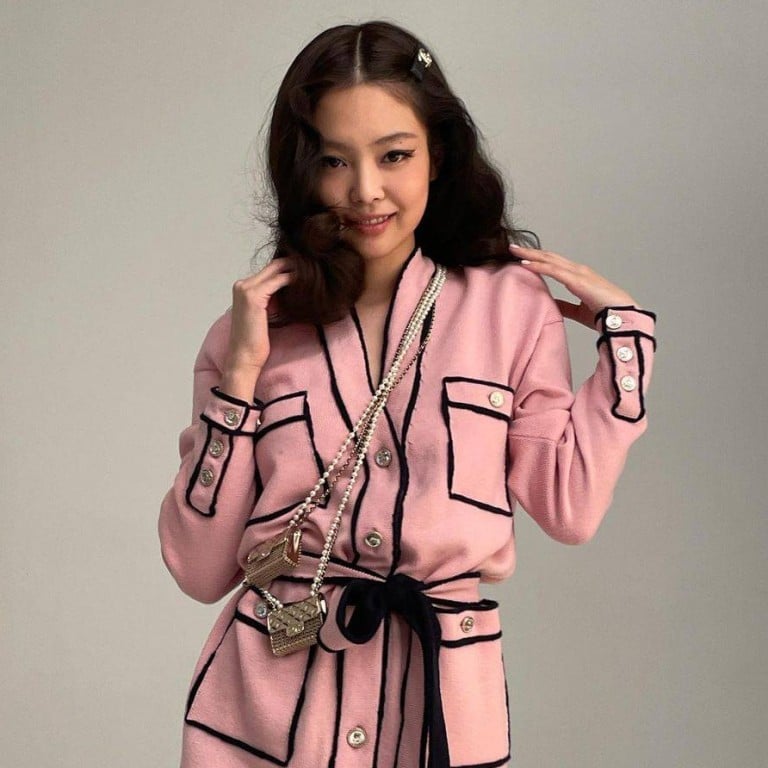Advertisement
Advertisement
Advertisement
Opinion / Does K-pop have more selling power than Hollywood? Luxury fashion brands are ditching film stars for Korean idols – but collaborating with BTS or Blackpink doesn’t always guarantee success
STORYDaniel Langer

- The Golden Globes and Oscars once informed global style, as did brand ‘faces’ like Audrey Hepburn (for Tiffany & Co.) and James Bond actor Daniel Craig (for Omega)
- But Gen Z is all about Korean celebrities: think Exo’s Kai for Gucci, and Blackpink members Jisoo, Jennie, Rosé and Lisa for Dior, Chanel, Saint Laurent and Celine
This article is part of STYLE’s Inside Luxury column.
The value in luxury brands lies in the ability to tell stories. The best luxury brands are excellent at this. In my doctoral thesis “Decoding Luxury”, written about a decade ago, I showed how the Added Luxury Value that a brand provides its customers depends on the perception of that brand as being “luxury”. The latter depends a large extent on the brand story.

Advertisement
The “glam” factor can be key – making something appear extraordinary and outside our day-to-day routine or the normal way things are. It attaches a desire and an inspirational quality to luxury.

Until recently, Hollywood was the global epicentre for glamour. The Golden Globes and the Oscars were events that created style trends around the world. Actors were the embodiment of Hollywood appeal and, consequently, have been the faces of luxury brands for the last few decades. Just think of Audrey Hepburn’s influence on the perception of Tiffany & Co. through the movie Breakfast at Tiffany’s, or George Clooney’s endorsement of Nespresso, or Daniel Craig wearing an Omega watch in James Bond films – entire brands have become reflections of Hollywood celebrity status.
However, a lot of the allure depends on watching films in cinemas, and on the global interest these blockbusters create. As Hollywood transforms increasingly to producing content for streaming giants such as Netflix, Apple TV+ or Disney+, and going to a cinema has become more difficult during the pandemic, there are signs that Hollywood glamour is fading. One could argue that the Hollywood “brand” needs to be reinvented, and connected with contemporary brand storytelling that reignites its glamour.
That explains, in part, why Korean stars are taking over. K-pop has become the most influential music genre worldwide, apart from hip-hop and rap. Blackpink became the world’s top band in 2020, reflecting that K-pop is not just a regional phenomenon, but has created global hype.